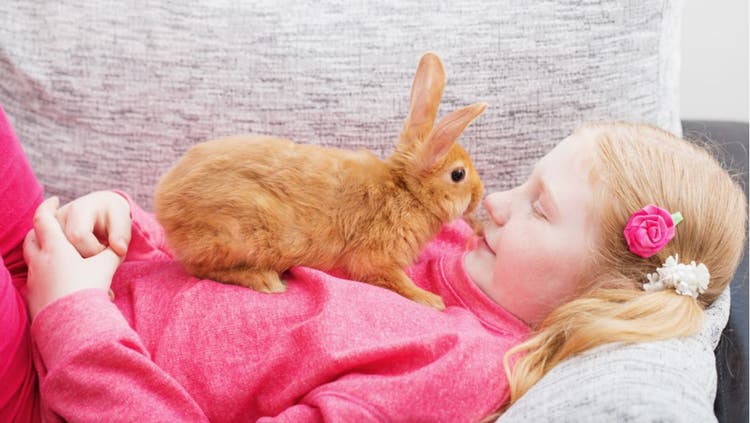
What is a Specialist for Small Mammals?
Veterinary medicine has progressed dramatically during the past 2 decades into the age of specialization. The level of veterinary care now approaches that afforded to our human counterparts. Today veterinary specialists are available in every area of the country. These specialists function as extensions of the general practice providing advanced diagnostics, sophisticated techniques and expertise.
The majority of pet illness and injury can be treated effectively by your family veterinarian. Sometimes, however, pet injuries or illnesses may need the talents and advanced training of a specialist. Each specialist has extensive training and advanced knowledge as well as some specialized equipment that your family veterinarian may not have.
Current specialties include such “system” areas of expertise as cardiology, dentistry, dermatology and oncology. “Species” specialists include experts on bird health or equine health. Behavior specialists are becoming more common as well. These veterinarians help people and their pets work through such problems as house-soiling or separation anxiety with behavior modification techniques.
“System” specialties usually require additional study in a 2- to 5-year residency program, followed by a rigorous examination. After passing the exam, they become board certified in their field. For veterinarians already in practice, the American Board of Veterinary Practitioners also offers specialty certifications, including feline and avian practice. Certifications also require passing a difficult examination.
Once certified, veterinarians are referred to as Diplomats, followed by the initials of the certifying body and the nature of the specialty. For example, a veterinary cardiologist would have the following after his name: DVM, Dipl. ACVIM (cardiology). This gives the information that he or she is a Doctor of veterinary medicine, a diplomat (a specialist) certified by the American College of Internal Veterinary Medicine in cardiology. An avian specialist would be DVM, Dipl. ABVP (avian practice), which means Doctor of Veterinary Medicine, specialist in avian practice, certified by the American Board of Veterinary Practitioners.
Typically, your family veterinarian will recommend referral to a specialist for certain diseases, tests or treatments. After resolving that disease or injury, further care of the pet is carried out by the family veterinarian.
Types of Specialists
There are a variety of specialist training programs available within the United States as listed below.
- Toxicology
- Laboratory Animal Medicine
- Poultry
- Theriogenology (Reproduction)
- Anesthesia
- Behavior
- Pharmacology
- Dermatology
- Emergency Medicine
- Internal Medicine
- Cardiology (heart) – subcategory of Internal Medicine
- Neurology (nervous system) – subcategory of Internal Medicine
- Oncology (cancer) – subcategory of Internal Medicine
- Microbiology
- Nutrition
- Ophthalmology
- Pathology
- Preventative Medicine – Public Health
- Radiology – X-Rays and Radiation Medicine
- Surgery
- Zoo Medicine
- Dentistry